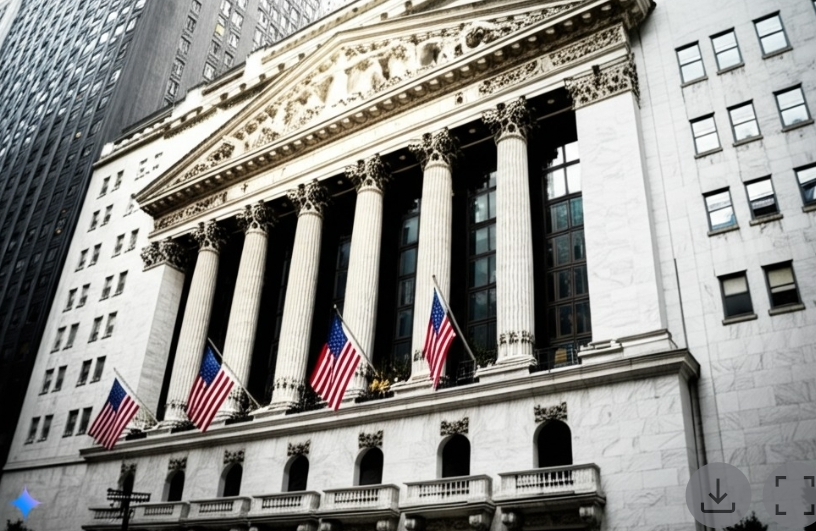Table of Contents

Concerns are rising about the potential for the U.S. economy to enter a new recession as stock markets continue to decline and tariffs are imposed by President Donald Trump’s administration. While Trump expresses optimism about economic recovery, many economists warn that current conditions may indicate an impending recession.
Presidential Assurances and Reality Contradictions
In recent statements, Trump indicated that the economic policies he is implementing require a transitional period, asserting that “what we are doing is enormous.” Despite his optimism, the president has not ruled out the possibility of a recession. In an interview with Fox News, Trump stated that he “hates predicting such things,” reflecting the uncertainty surrounding the economy.
Market Declines and Warning Indicators
By Monday evening, the major U.S. stock indices experienced a significant downturn. According to research conducted by JPMorgan, there are expectations of an economic slowdown during the first quarter of the year, marking a notable shift after nearly three years of robust growth.
Indicators of Recession
Recession is defined as a period of six months of negative growth. However, the official announcement of a recession requires a comprehensive assessment by the National Bureau of Economic Research, which considers various factors such as the labor market and personal income. Economists anticipate that warning signs will emerge early, including increased job losses, stagnant wages, and reduced consumer spending.
Tariffs and Their Economic Impact
The tariffs imposed by the Trump administration are considered a key factor contributing to economic anxiety. According to an analysis from BNP Paribas, these tariffs could lead to a sharp decline in business confidence, which may contribute to a recession. The Peterson Institute for International Economics predicts that the new tariffs could cost American families over $1,200 annually.
Social Effects of Recession
Recession is typically associated with widespread job losses, leading to financial difficulties that could result in housing instability. A slowdown in the labor market impacts individuals who maintain their jobs, making it harder for them to find new opportunities or secure raises. Young people entering the job market during recessions often face challenges in selecting appropriate jobs, leading many to accept lower wages that may adversely affect their financial futures.
Financial Protection Strategies
In light of economic challenges, experts advise caution. Suggested steps to secure financial stability include:
- Reducing Spending: Cutting back on expenses is often a wise move, although it may accelerate the onset of recession.
- Increasing Savings: Individuals should strive to boost their savings in preparation for any emergencies.
- Paying Off Debt: It is advisable to pay down debts, especially credit card debt, to alleviate financial burdens.
- Seeking Low-Volatility Investments: Investing in bonds or stable assets is recommended.
Global Context and Future Outlook
The potential for a U.S. recession is further complicated by global economic dynamics. Trade tensions with other nations, particularly China, could exacerbate the situation, leading to retaliatory measures that impact American exports. Additionally, inflationary pressures and supply chain disruptions are raising costs for consumers and businesses alike. As the Federal Reserve navigates monetary policy adjustments to combat inflation, the balance between fostering growth and preventing an economic downturn becomes increasingly precarious. Analysts stress the importance of adaptive strategies at both the governmental and individual levels to mitigate potential risks and navigate the uncertain economic landscape ahead.
You Might Like: St. Patrick’s Day 2025: A Celebration of Irish Identity and Culture
While economists remain uncertain about whether the United States is heading toward recession, warnings are increasing. The risks associated with current economic policies, including tariffs, make it essential to closely monitor economic conditions. Individuals and businesses must take proactive steps to protect themselves from the potential impacts of a recession.
